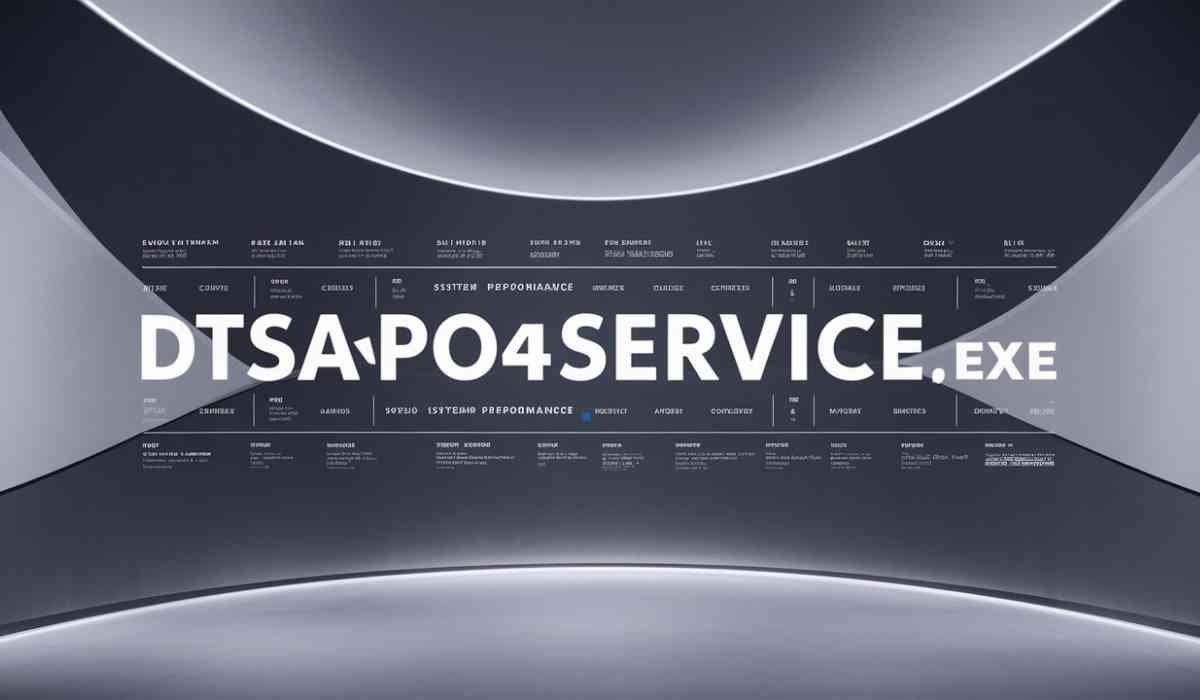In a competitive market where innovation drives success, patents hold significant value. They can provide businesses with an edge, but only if they are properly managed. If you own patents, it’s essential to explore how to get revenue from patents by using strategic monetization approaches. When executed well, patent monetization can be an effective tool to maximize return on investment (ROI).
Understanding Patent Monetization
Patent monetization is the process of generating revenue from intellectual property (IP). Patents are valuable assets that can be used in various ways to generate revenue from patents. Whether you’re an inventor, business owner, or law firm managing patents, knowing how to monetize them is crucial for maximizing their value.
Monetization methods include IP licensing, selling, and enforcing intellectual property rights, such as patents. The right approach depends on factors like the technology, business model, and market potential. Choosing the best strategy can open new revenue streams and maximize patent value.
Strategic Approaches to Maximize ROI
Maximizing the return on investment (ROI) from your patent portfolio requires careful planning and a clear understanding of the value of your assets. Several strategic approaches can help you effectively monetize your patents, whether through licensing, sales, or enforcement.
- Portfolio Evaluation
The first step is evaluating the potential value of each patent. Consider factors such as market relevance, applications, and scope of protection. Patents aligned with emerging industries are typically more valuable than those in outdated fields. A thorough evaluation helps prioritize which patents to monetize, sell, or retain, ensuring that you focus on the most promising assets.
- Targeted Licensing
Licensing allows you to permit others to use your patent in exchange for compensation. The key to maximizing ROI is targeting the right licensees, companies that stand to benefit from your patent. Effective licensing agreements can generate consistent income while retaining ownership. Negotiating based on your patent’s actual value ensures you secure favorable terms.
- Strategic Sales
Selling a patent results in a lump sum payment in exchange for full ownership of the patent. This may be ideal if your business no longer needs the patent or if you seek immediate financial returns. To maximize ROI, identify potential buyers, such as competitors or investment firms, who may be interested in acquiring the business. While selling frees up resources, it also means losing control and future revenue from the patent.
- Enforcement Actions
If your patent is infringed upon, enforcement actions may be necessary to recover damages and royalties. Legal action can result in significant returns, but it’s essential to evaluate the strength of your patent before proceeding. Working with experienced legal counsel ensures an effective strategy for patent litigation, helping to balance costs with potential revenue recovery.
Using Technology for Enhanced Monetization
Technology plays a vital role in enhancing patent monetization strategies, offering valuable tools for patent owners to optimize portfolios and maximize value.
- AI and Analytics
AI and data analytics can help assess patent value, identify potential licensees, and track market trends. By analyzing data, AI tools can pinpoint high-value assets and assess monetization potential.
Additionally, AI aids in evaluating patent strength by conducting patent landscaping studies and reviewing competitor filings, allowing patent owners to make informed decisions about licensing or enforcement.
- Automation Tools
Automation tools simplify the management of patent portfolios and the execution of monetization strategies. Tools that automate tasks such as patent searches, market analyses, and licensing processes reduce time and effort, allowing owners to focus on strategy.
By automating routine tasks, patent owners can identify monetization opportunities more effectively and efficiently.
Risk Management and Legal Considerations
Effective risk management and a clear understanding of legal considerations are crucial for successful patent monetization.
- Due Diligence
Before pursuing any monetization strategy, it’s essential to conduct thorough due diligence. This involves researching the market, identifying potential licensees or buyers, and ensuring that your patent is protected against infringement. Conducting due diligence helps minimize the risk of failed monetization efforts and ensures that you are entering into fair and lucrative agreements.
- Legal Framework
Understanding the legal aspects of patent monetization is crucial. Patent law can be complex, and knowing your rights, the scope of your patent, and the legal implications of licensing or sales agreements is vital to protecting your interests.
Additionally, when licensing or selling patents, carefully draft contracts to ensure clear terms regarding compensation, duration, and any future liabilities.
Conclusion
Maximizing ROI through smart patent monetization strategies requires careful planning and execution. By evaluating your portfolio, targeting the right licensees, considering strategic sales, and being prepared to enforce your rights, you can fully capitalize on the value of your patents. Additionally, using AI and automation tools can enhance your efforts, making it easier to assess and act on monetization opportunities.
For patent owners and law firms looking to drive successful monetization campaigns, partnering with experts like Lumenci can make all the difference. Lumenci’s team of IP consultants offers technical, valuation, and strategic guidance, helping you maximize the value of your patent portfolio and achieve the best possible results.
As you explore ways to generate revenue from patents, remember that strategic planning, market insights, and the right tools can transform your intellectual property into a valuable asset, yielding significant returns.









